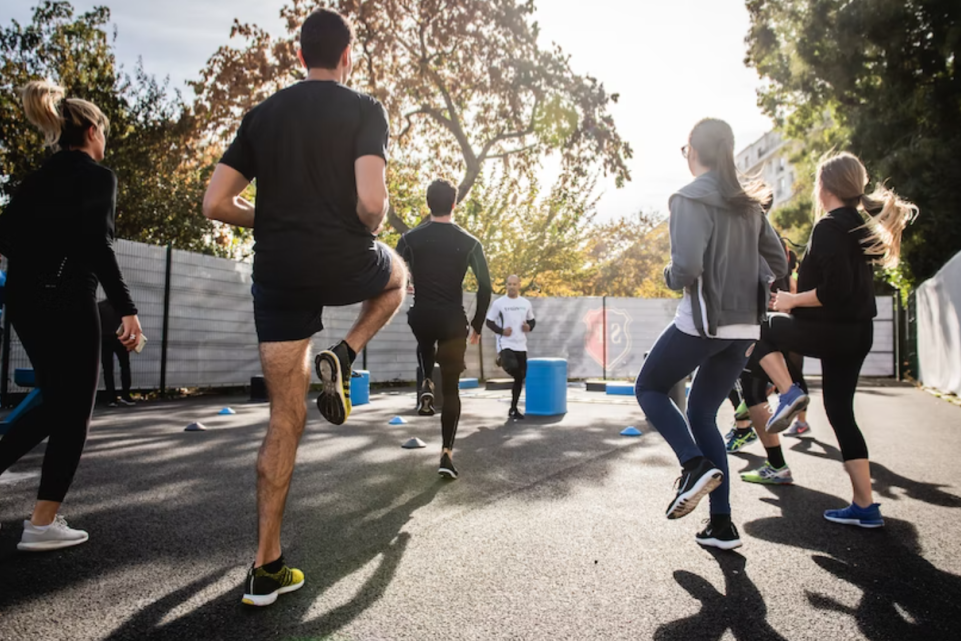Joint blog post from Cllr Louise Gittins, Chair of the LGA's Children and Young People's Board and Cllr David Fothergill, Chair of the Community Wellbeing Board on the importance of increasing measles vaccination rates.
As councillors dedicated to the wellbeing of our communities, we stand united in addressing a pressing concern that has surfaced in recent weeks— the alarming rise in measles cases, particularly amongst children.
Recent surge in measles cases
Measles is an infection that spreads very easily and for some people can be very serious. There’s no specific medical treatment for the disease; so it’s vital to get vaccinated as it’s the best protection against becoming seriously unwell.
As a result of rapidly rising case numbers, the UK Health Security Agency (UKHSA) this week declared a national incident, with health experts warning further outbreaks could occur in other towns and cities unless MMR uptake increases in areas at risk.
A national NHS campaign to boost uptake of a vaccine that protects against measles has also been launched in England this week after a rise in cases of the potentially serious disease.
Analysis from UKHSA has suggested that over 3.4 million children aged under 16 have not yet had an MMR jab.
Measles outbreaks have occurred around the country, including in London, with the West Midlands experiencing cases at their highest level since the mid-1990s.
This alarming trend isn’t solely limited to the UK: this pattern of declining vaccine uptake has been mirrored across Europe, as millions of children missed out on doses due to the disruption of the pandemic.
The World Health Organisation (WHO) has said that in addition to falling vaccine uptake, more people were travelling abroad after COVID-19, increasing the risk of cross-border disease transmission and spread within communities.
An inevitable outcome?
The current outbreak is concerning but sadly, not surprising. Uptake of the MMR vaccine (which is given as two doses, usually in childhood and guards against measles) has been significantly lower than we need it to be for several years.
Between 1994 and 1997, there was a relatively steady rate of MMR vaccine coverage for children reaching their second birthday in England, of around 91 per cent.
In 1998, a now discredited article appeared in The Lancet which linked the MMR vaccination to autism. Uptake decreased significantly, and by 2003/04 only 80 per cent of children were vaccinated. The Lancet fully retracted the paper in 2010, and coverage consequently improved, reaching 93 per cent in 2013/14.
However, by 2022-23, NHS data showed that only 84.5 per cent of children in England had received their 2nd dose of MMR vaccine by their 5th birthday, a decrease of 1.2 per cent from the previous year.
The overall vaccination figures mask significant regional differences:
- Coverage in London (74.0 per cent) and was 16.4 per cent lower than the North East (90.4 per cent).
- Coverage is only at or above 90 per cent in two regions; the North East and the South West.
- No regions in England reached the 95 per cent target recommended by the WHO.
How can councils and their Directors of Public Health support efforts to reverse this trend?
Councils are supporting local and national NHS vaccination campaigns to make sure people know how important it is for their family to be protected.
Together with the NHS, schools, health visitors and community groups, Directors of Public Health are working hard to remove the barriers that are currently making getting a vaccination difficult.
Councils have a key role in reducing health inequalities. This should include facilitating appropriate access to information and vaccination services for under-served populations.
Meanwhile, if anyone has missed one or both doses of the MMR vaccine (at any age), they can contact their GP practice to book an appointment. It is never too late to catch up.
Council leaders and Directors of Public Health are also strongly encouraging parents and carers to check their children are up to date with their MMR vaccinations; if you’re not sure whether your child is due a vaccination or has missed a vaccination, you can check your Red Book or contact your GP practice.
What next?
There is undoubtedly more work to be done to boost uptake, particularly in addressing disparities in MMR uptake, both within and between regions and amongst different communities.
There are many insights to be garnered from the COVID-19 vaccine rollout. Trusted local leaders and community champions played a vital role in raising awareness, dispelling myths, and running informative outreach sessions.
Community engagement is fundamental for the success of all vaccination programs, and Directors of Public Health and their teams, who possess a deep understanding of their local populations, will continue collaborating with them to aid the NHS in implementing not only this vaccination program but also others.
It is absolutely paramount that we take a whole systems approach and that councils use their extensive links with people and communities to work side by side with their NHS vaccine colleagues.
Councils are also actively collaborating with UKHSA to support efforts in addressing the ongoing outbreak at the local and regional levels. This involves boosting vaccine coverage and establishing vital connections with our communities.
The only way out of this crisis? Increase vaccination rates by encouraging parents and carers to get their children jabbed against measles. There’s no time to wait.
Image credit: Freepik

